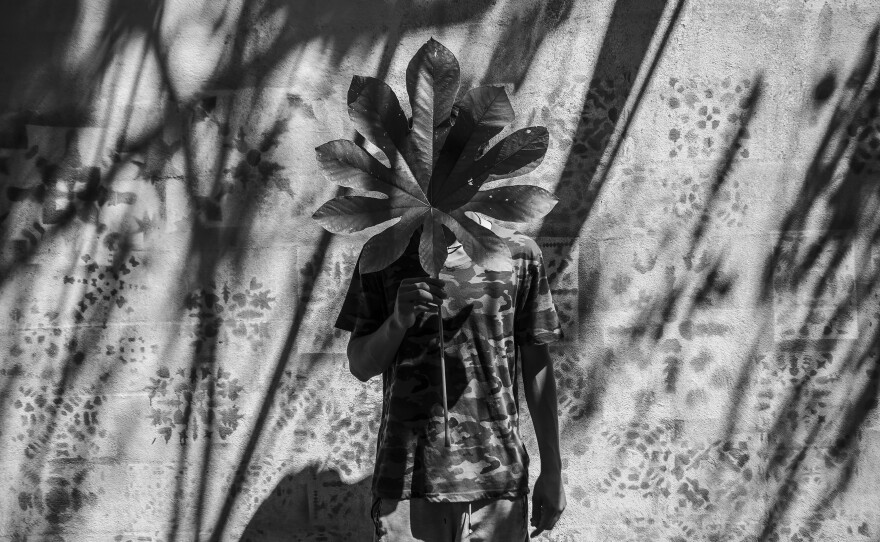Since declaring a state of emergency in March 2022 following a surge in gang violence, El Salvador's government has instituted a state of exception — a policy that temporarily loosens arrest rules and suspends basic rights, including free speech and protest rights — in an effort to crack down on the country's violent gangs.
The policy has garnered popularity for Salvadoran President Nayib Bukele, helping to guarantee him a win in Sunday's election. It has also made the country much safer for many residents, who can now move around freely in neighborhoods previously controlled by gangs. The murder rate has plummeted from 53 per 100,000 people in 2018, one of the highest in the world, to one of the lowest in the region, at 2.4 per 100,000 last year.
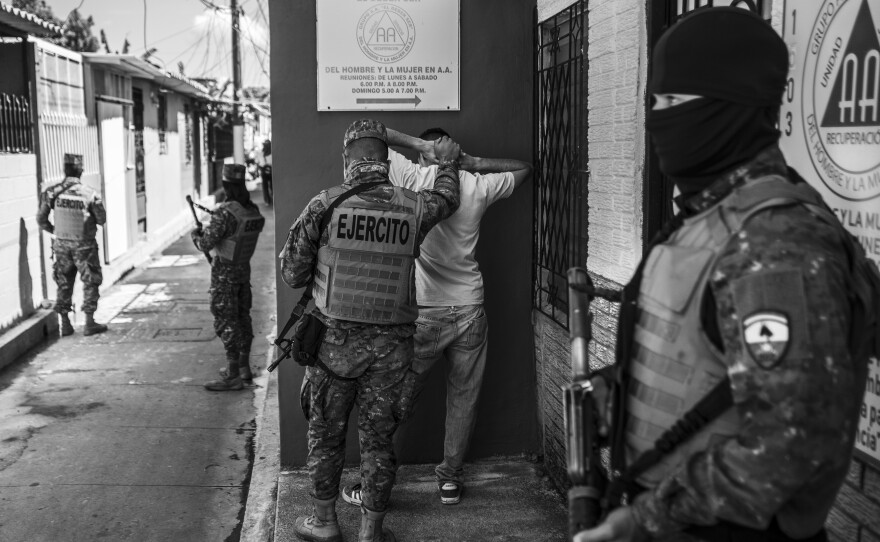

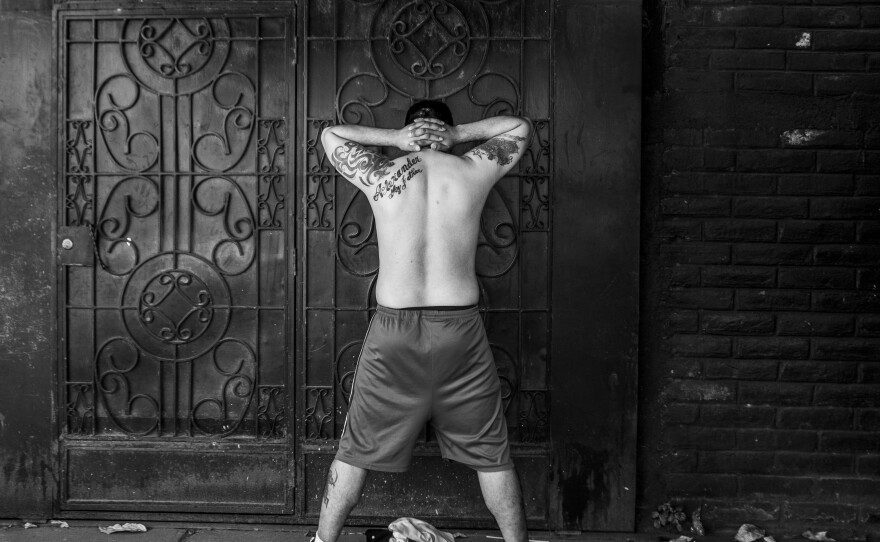
Yet, El Salvador's incarceration rate is now the highest in the world. The government has arrested and detained more than 76,000 people for belonging to gangs or being accused of being affiliated with gangs. Thousands of relatives of gang members have been arrested, too, charged with collaborating with criminal groups. And among the thousands of arrests, human rights organizations say innocent people have been wrongly charged.
The arrests have also resulted in the deaths of hundreds of people human rights organizations say circumstances suggest the state was responsible for.
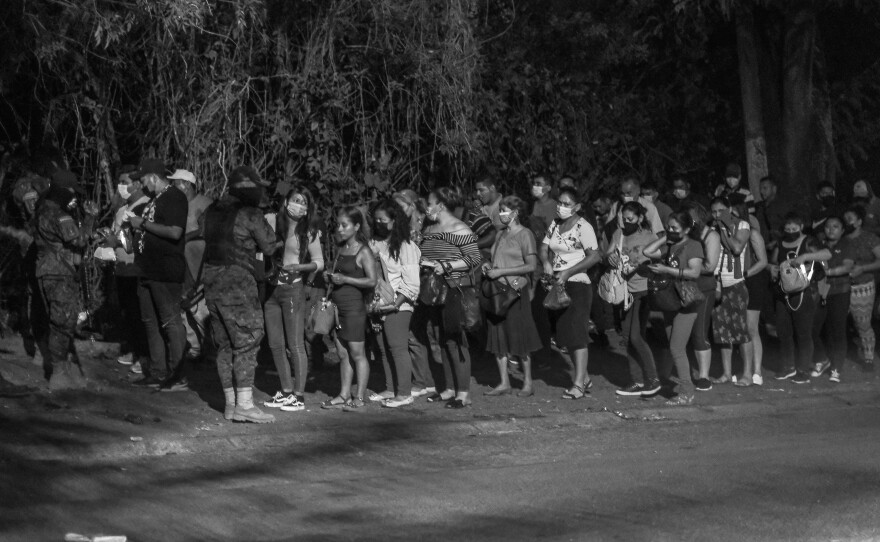
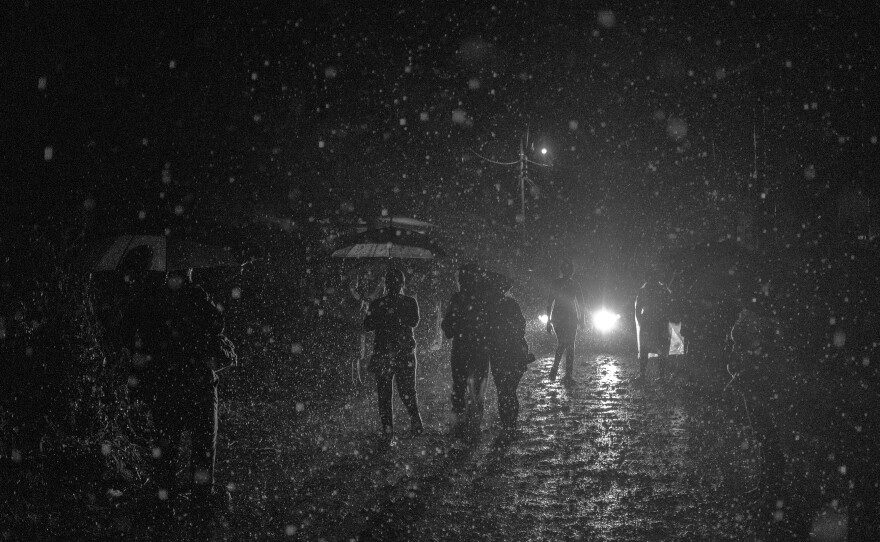
Those same organizations allege police carried out the arrests to meet quotas without first conducting investigations into the people they were detaining.
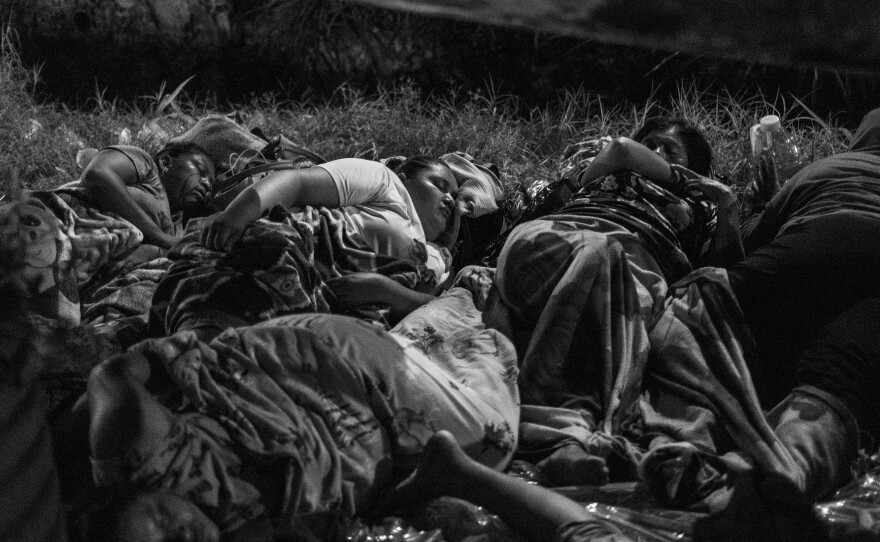
Most of the arrests, if not all, were made in El Salvador's poorest and most marginalized neighborhoods.
The neighborhoods that once lived under the threat of violence by gangs began to instead live under the threat of police and soldiers who arrested people for looking suspicious, including acting nervous or having tattoos, according to Salvadoran human rights groups Cristosal and Socorro Jurídico.
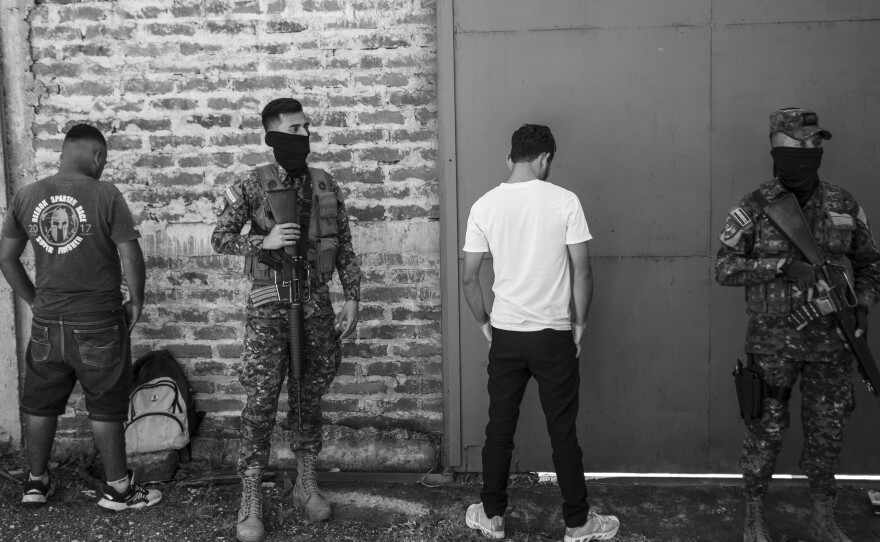
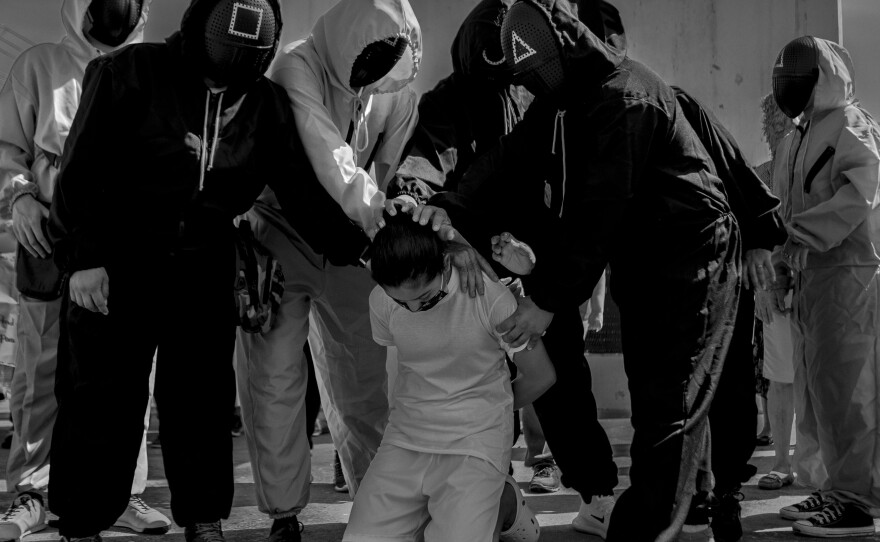
Thousands of detainees were sent to the country's multiple prisons, which ultimately led to a collapse of the penitentiary system that previously held 37,000 detainees and was suddenly burdened with more than 70,000.
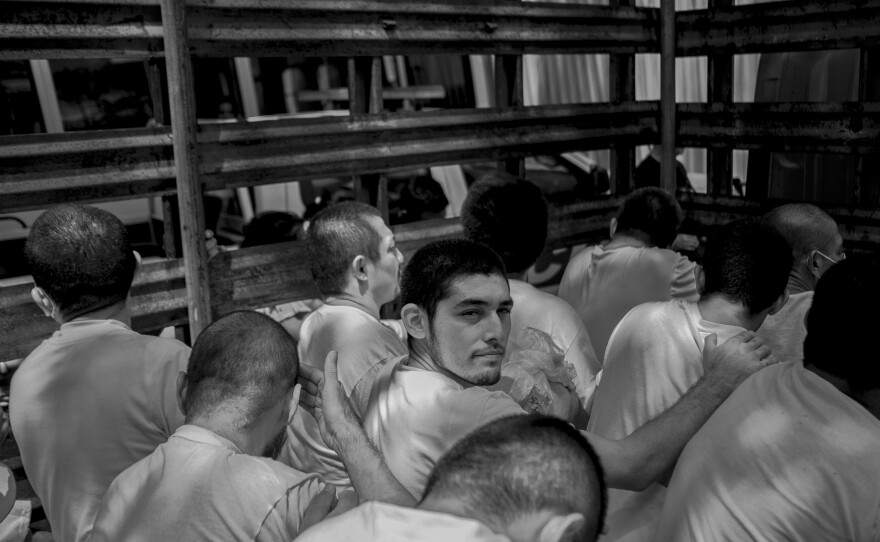
The arrests led thousands of relatives of those who'd been detained to gather outside the prisons, hoping for any information about their loved ones. As they slept outside the prisons, many experienced hunger and endured rain without ever receiving any news about their relatives.
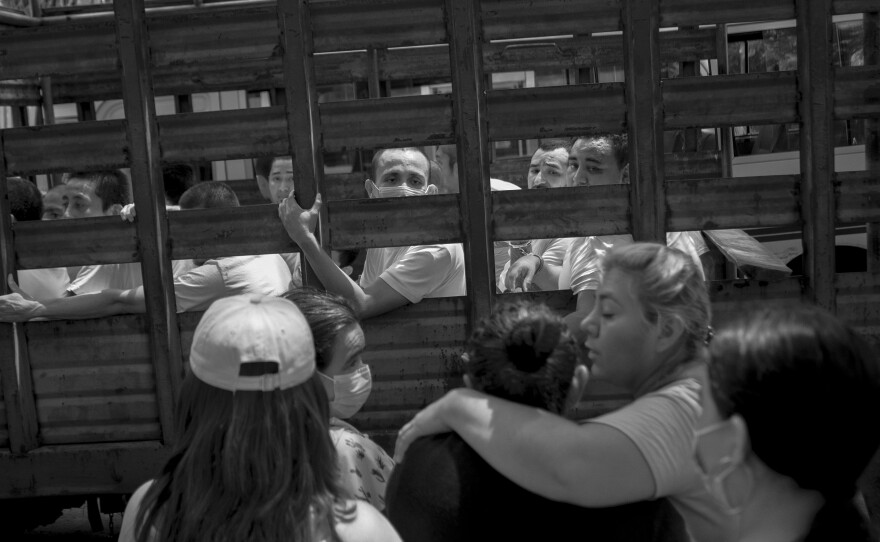
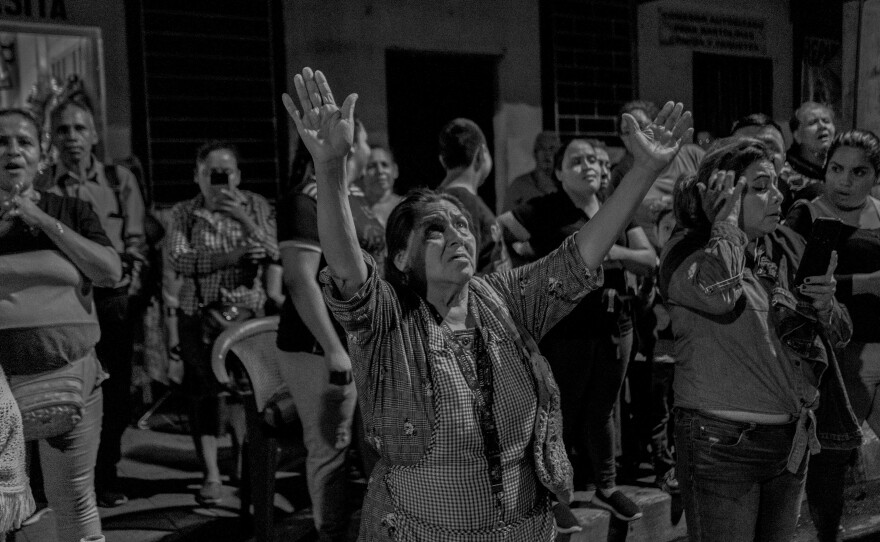
Meanwhile, inside the prisons, dozens of people say they were tortured by prison security members, according to a report released by Human Rights Watch and Cristosal and Socorro Jurídico. Some people who have been released from prison have recounted, anonymously, how they were tortured and beaten until they were unconscious, and how they were denied food or medical attention.
Government officials have repeatedly denied allegations of torture or other violations of freedom of expression.
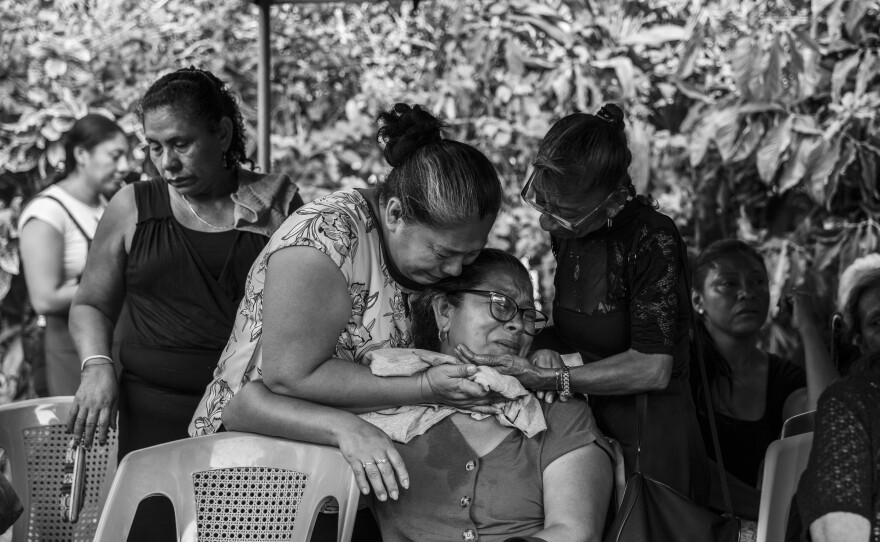
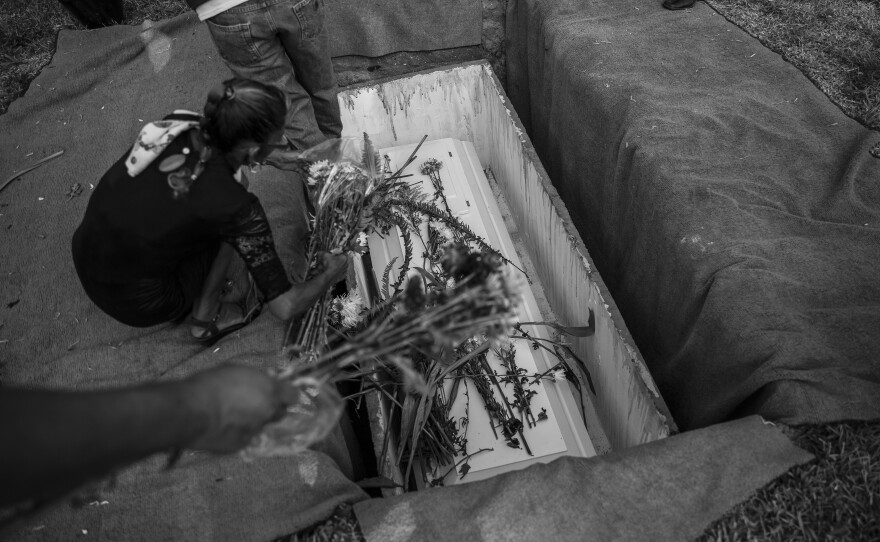
As the months passed, prisoners died, many with signs of torture.
Their relatives continue to demand justice, but the process has been slow and the government continues to extend the law that has resulted in thousands of arrests, as well as the deaths of 224 incarcerated people, so far.
Carlos Barrera is a photographer based in the Northern Triangle of Central America. His work is based on the reality of hundreds of Central Americans: violence, culture, politics and society.
Follow him on Instagram at @carlesbarrerah.
Copyright 2024 NPR. To see more, visit https://www.npr.org. 9(MDAzMjM2NDYzMDEyMzc1Njk5NjAxNzY3OQ001))


